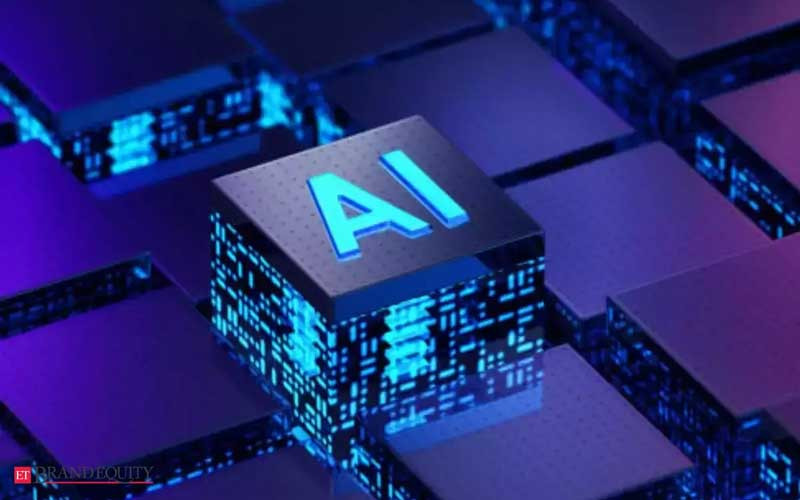
THE government and information, communications technology (ICT) specialists have advised educational institutions to urgently embrace and leverage artificial intelligence (AI) for the education model to meet the demands of the 4th Industrial Revolution.
The call was made during a three-day conference on the role of AI in transforming Zimbabwe’s Education System held in Bulawayo this week.
The workshop saw industry policymakers and educators from across the country in discussions guided by the scope, “Bridging the Skills Gap: AI Solutions for Zimbabwe’s Education to Workforce Pipeline” at the National University of Science and Technology.
The discussion was pioneered by Girls in STEM Trust founder and the US Department of State International Visitor Leadership Programme Impact Award 2024 Zimbabwe awardee, Victoria Nxumalo.
Standing for Zimbabwe Council for Higher Education (Zimche) chief executive Kuzvinetsa Dzvimbo, ICT director Gilford Hapanyengwi said AI offers the opportunity to create an education system that is innovative, inclusive and future-ready.
“By integrating AI into our education system, we have the opportunity to better equip our students with the knowledge and skills required for a future that will be increasingly shaped by technology,” he said.
“AI is not just a tool, it is a transformative force that has the potential to revolutionise education at all levels, from primary and secondary schools to tertiary institutions.”
Hapanyengwi said using AI strengthens the two pillars of Education 5.0, which centres on the Heritage-based philosophy in shaping future technology through innovation and industrialisation.
- Mavhunga puts DeMbare into Chibuku quarterfinals
- Bulls to charge into Zimbabwe gold stocks
- Ndiraya concerned as goals dry up
- Letters: How solar power is transforming African farms
Keep Reading
“Through AI, we can enhance the way we teach by tailoring educational content to meet the specific needs of individual students, this ensures that students receive the personalised support they need to thrive; moreover, AI facilitates real-world problem-solving, encouraging innovation and critical thinking, two pillars of the Education 5.0 framework,” Hapanyengwi said.
Primary and Secondary Education ministry education director Lawrence Mkwala also encouraged the use of AI in his ministry saying it has potential to revolutionise the country’s learning and teaching system.
He, however, said in the process, “we should not lose sight of our heritage-based policy”.
“As we embrace technology, we should also embrace our heritage. This not only enriches our education experience, but also instils a sense of identity and belonging among our learners,” Mkwala said.
“We must not lose sight of our heritage-based policy which underscores the importance of our cultural identity and values to education.
“Let us leverage AI to enhance the teaching of our languages, history and tradition and ensuring that our heritage is preserved for generations.”
Nxumalo said core goals of the conference included ensuring that AI benefits everyone equitably, recognising how the adoption of AI in education comes with some challenges, and how to resolve them.
“Our graduates will emerge with the knowledge and skills needed to thrive in the digital age, ensuring that Zimbabwe can compete on a global stage and meet the demands of the fourth industrial revolution, and another core goal of this project that’s been mentioned through the expectations is ensuring that AI benefits everyone equitably,” she said.
She said Zimbabwe’s population is 52,6% female, yet women remain underrepresented in STEM [science, technology, engineering, and mathematics] fields, therefore, AI presents a unique opportunity to address these disparities and promote gender equity.
“We must ensure that women and girls have equal access to AI tools and education, it is essential to boosting national productivity and achieving gender equality in the workforce,” she said.










